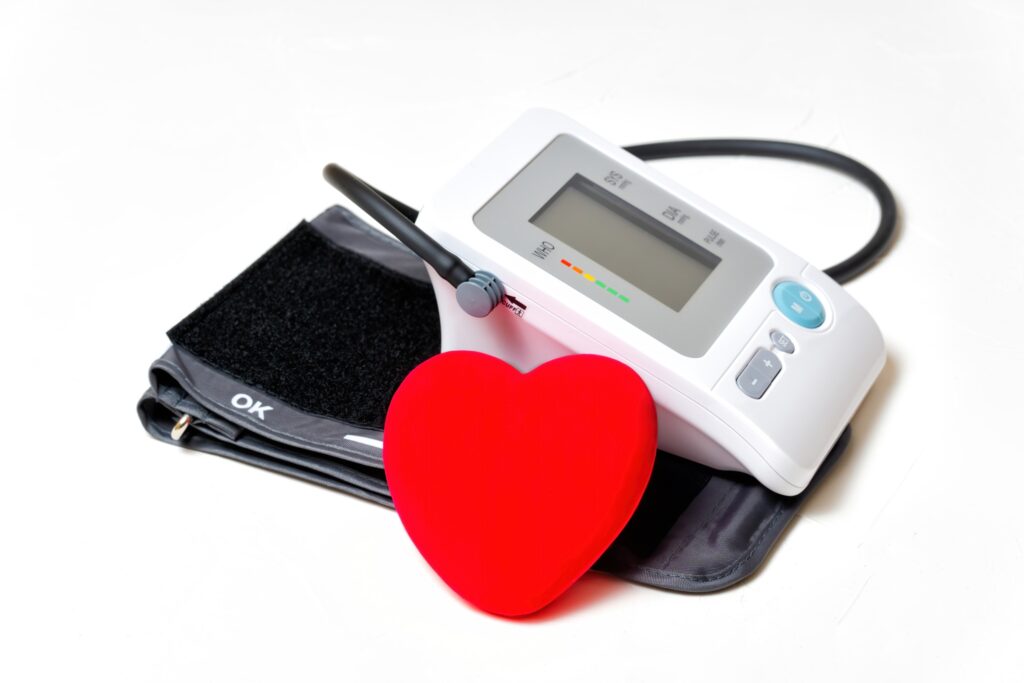Maintaining healthy blood pressure levels is an important part of ensuring optimal health and wellbeing. Having the right levels means that the heart, arteries, and other vital organs receive an adequate supply of oxygen. This in turn promotes proper body function and reduces the risk of developing any cardiovascular diseases. The only way to attain these benefits and ensure your body is operating on the right levels is through tracking and monitoring by your doctor. This will help you detect issues early on, allowing for timely intervention and management. This article gives insights on why it might be a great idea to do the tracking.
Helps Monitor Your Health
By checking your levels on a regular basis, you can have a good understanding of your overall health and wellbeing. Fluctuating levels can mean an underlying condition like hypertension. If you notice any abnormalities, you can be able to take the needed action to get your health back on track. This means that you can be able to detect potential health issues early on, enabling you to prevent conditions like heart disease, kidney disease, and stroke. It can also signal you to make significant changes in your lifestyle to help promote better health in the long run.

Do you check your blood pressure regularly?
Prevents Escalation of Health Issues
Some cardiovascular diseases escalate quite fast if they are not detected early on. With consistent tracking, this can be limited because deviations from normal levels can be noticed early. Through this, necessary action can be taken to evaluate what could be wrong. For instance, higher levels could indicate the start of hypertension. If this is left untreated, it could cause other issues like stroke, heart disease, and kidney damage. You can prevent these issues early on before they become huge by tracking your levels and taking the needed action in case of deviations.
Risk Assessment
Tracking your levels is crucial in assessing your risk of developing cardiovascular illnesses. By monitoring on a regular basis, you can identify patterns and trends that could indicate risk of heart disease, hypertension, stroke, and other conditions. It can also help you identify risk factors like age, family history, underlying conditions, and lifestyle habits that could be causing the spikes. This information is crucial for healthcare professionals to help gain a good understanding of what could be happening in your body.
Assists to Monitor a Treatment Plan
If you are undergoing a treatment plan, you need to know whether it is working or if you need to change it. In addition to other vitals, tracking your levels can help you know the effectiveness of the treatment plan you are currently using. It can assist you know whether different parts of your treatment regimen like medication, diet, and lifestyle are working. If the numbers are not improving, then you can work together with your doctor to come up with lifestyle modifications, different medication dosages, and other treatment options. This can be done until you start seeing improvements in your levels.
Helps Create a Personalized Healthcare Plan
Tracking your levels can help you create a personalized plan that is specifically made for your exact goals and needs. By tracking your levels on a regular basis, you can give your physician valuable data, which can help in the identification of patterns and trends that need to be handled. Through the data and findings, your doctor can create a custom-made plan, which handles your specific issues. This plan will also pay close attention to your medical history, lifestyle, and risk factors. For instance, a patient struggling with high levels can benefit quite a lot from having a plan that focuses on medication, dietary modifications, and exercise to help lower it.
Awareness of Your Health and Wellbeing
By tracking, you will know what is happening in your body and take the needed steps to have your health and overall wellbeing back to normal. With this much awareness, you will most likely make informed decisions, adopt better eating habits, engage in regular exercise, and manage stress effectively. You will also be able to avoid things that could be harmful to your health such as alcohol consumption.
Optimal levels means your body is operating as it should be. With this, you are able to enjoy better health and improved wellbeing. However, when the levels are amiss, your health could take a huge hit. The only best way to avoid this is to be proactive and check on your levels regularly. This will help you notice any issues before they become a huge deal.




